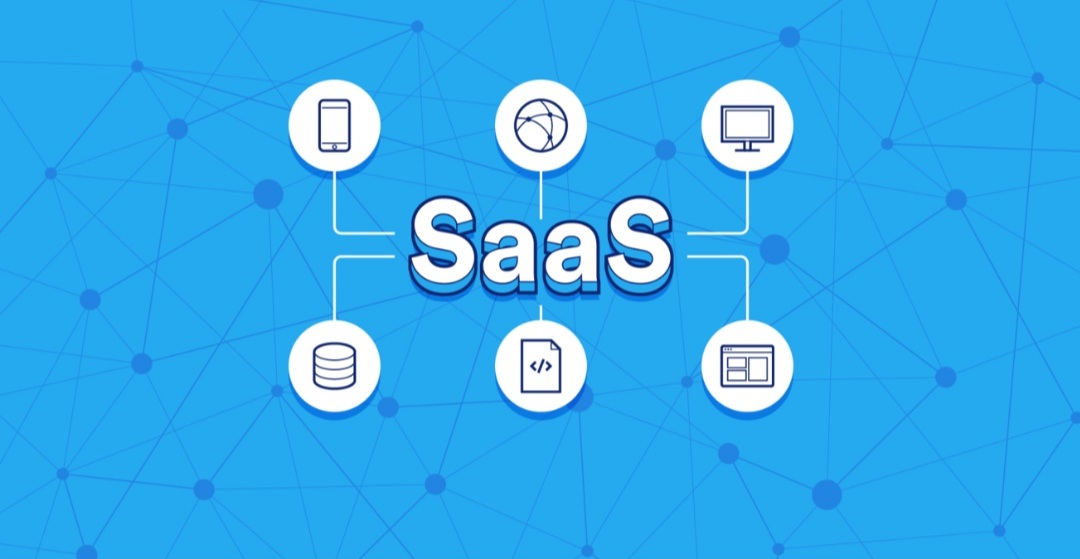The 7 Best AI Writing Tools to Use Today

Introduction:
In the fast-paced world of content creation, AI writing tools have emerged as indispensable aids, revolutionizing the way we generate written content. This blog delves into the top seven AI writing tools available today, unveiling their features and advantages for a diverse range of users.
What Are AI Writing Tools?
AI writing tools are advanced applications powered by artificial intelligence algorithms. Their primary function is to replicate human-like text generation, making them invaluable assets for automating and enhancing content creation processes.
Benefits of Using AI Writing Tools:
Embracing AI writing tools comes with a plethora of advantages. From saving time and boosting productivity to elevating the overall quality of content, these tools prove instrumental for individuals and businesses striving for efficiency in their writing endeavors.
Criteria for Evaluating AI Writing Tools:
Selecting the right AI writing tool requires a careful examination of various criteria. Ease of use, customization options, and integration capabilities should be considered to ensure the chosen tool aligns seamlessly with specific content creation needs.
The Top 7 AI Writing Tools:
- OpenAI’s GPT-3:
- Known for its versatility and natural language processing capabilities.
- Widely used across industries for content creation, chatbots, and more.
- Grammarly:
- Renowned for grammar and spelling checks.
- Offers tone and style suggestions to enhance overall writing quality.
- Writesonic:
- Specializes in creating marketing copy and blog content.
- Incorporates AI to generate engaging and conversion-focused material.
- Copy.ai:
- Features a range of tools for different writing needs, from brainstorming to ad copy creation.
- Ideal for marketers and businesses looking to streamline their copywriting.
- ShortlyAI:
- Known for its simplicity and user-friendly interface.
- Generates creative content, making it suitable for bloggers and creative writers.
- SurferSEO Content Editor:
- Focuses on optimizing content for SEO.
- Incorporates AI to analyze and enhance the SEO-friendliness of written material.
- INK:
- Targets content optimization for SEO.
- Provides data-driven suggestions for improving the visibility of written content.
Use Cases and Industries:
The versatility of AI writing tools extends across various industries. Bloggers, marketers, entrepreneurs, and content creators from diverse fields can leverage these tools to streamline their processes and achieve remarkable results.
Tips for Maximizing AI Writing Tool Effectiveness:
Unlocking the full potential of AI writing tools involves strategic utilization. Users can enhance their experience by customizing outputs, combining AI-generated content with a personal touch, and optimizing for SEO to maximize reach and impact.
Potential Challenges and Considerations:
While AI writing tools offer incredible benefits, users should be aware of potential challenges. Ethical considerations, potential biases in output, and the need for human oversight are crucial aspects to ensure responsible and effective use of these tools.
Conclusion:
In conclusion, the realm of AI writing tools is dynamic and rich with options catering to diverse writing needs. Exploring and integrating these top seven tools can significantly elevate the efficiency and creativity of content creation processes, marking a significant stride into the future of written communication.



